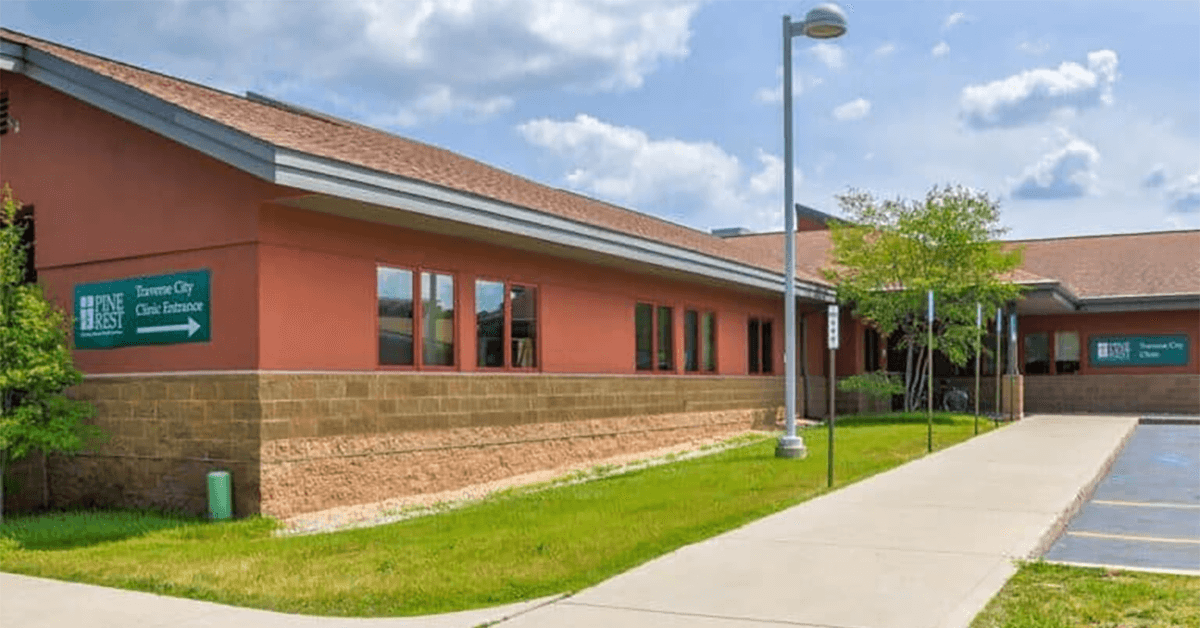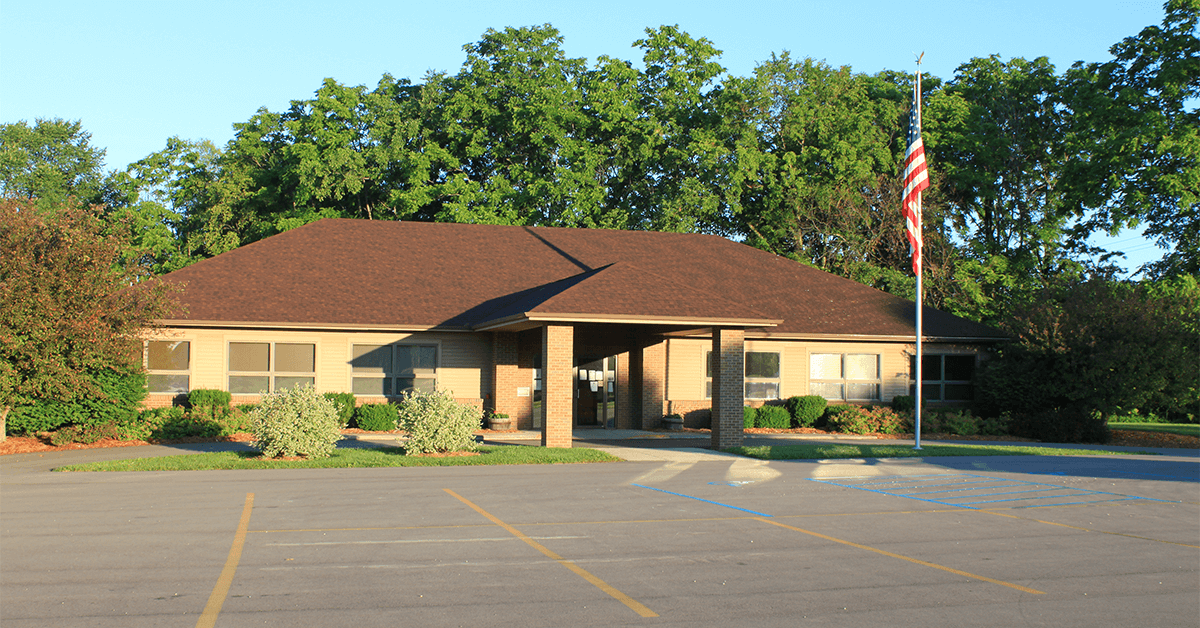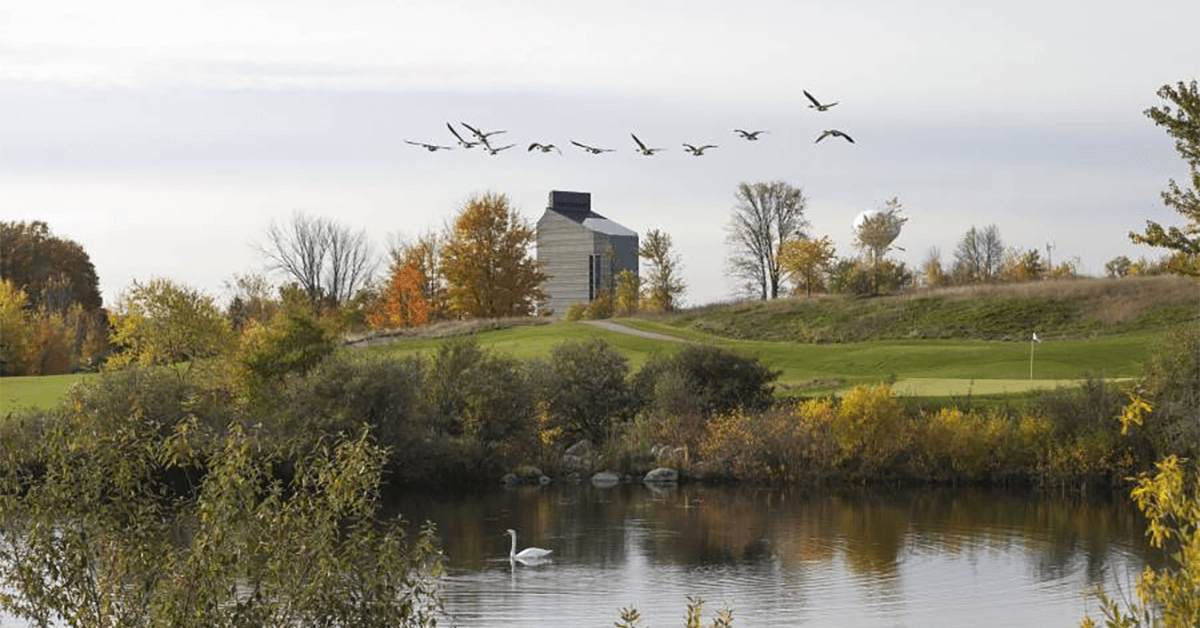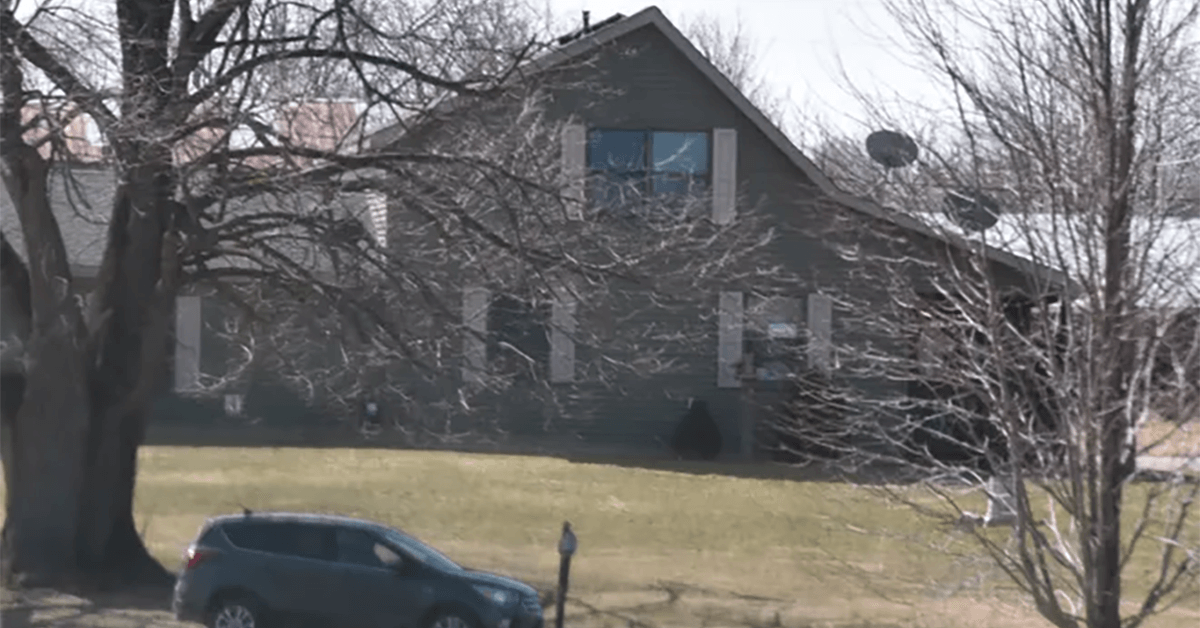Grand Traverse County Allocates Cannabis Tax Revenue to Address Child Psychiatric Shortage

At a marathon session on Wednesday, the Grand Traverse County Board of Commissioners voted to allocate $150,000 of cannabis tax revenue to Pine Rest Christian Mental Health Services of Traverse City. This decision, reached after over four hours of deliberation and impassioned public input, aims to address the critical shortage of child psychiatric services in Northwest Michigan.
The approved funding, which passed with a 6-3 vote, will be used to recruit, relocate, and onboard a new child psychiatrist for Pine Rest's Traverse City clinic. Local officials have described the need for such services in the region as "urgent and persistent."
Commissioners T.J. Andrews, Brian McAllister, and Scott Sieffert opposed the measure, not due to objections against mental health support but rather concerns over the process by which the funding was awarded. Andrews, speaking on behalf of the dissenters, emphasized the need for a more structured and transparent approach to such funding requests, noting, "This is not a sustainable approach to allocating funds. It has nothing to do with Pine Rest, but it's not our role to hire a psychiatrist."
Pine Rest initially requested $400,000 in May to bolster behavioral health services in the area. That request was denied, with commissioners asking for more detailed information on the necessity and intended use of the funds. On Wednesday, Pine Rest revised their request to $290,000, acknowledging the receipt of $110,000 from other sources since May. The board ultimately approved $150,000, funded by cannabis tax revenues instead of drawing from the county's general fund, a suggestion made by Board Chair Rob Hentschel.
Supporting the funding were Commissioners Darryl Nelson, Ashlea Walter, Lauren Flynn, Penny Morris, Brad Jewett, and Hentschel.
Local Clinic Versus Parent Organization
The relationship between the Traverse City Pine Rest clinic and its larger parent organization became a focal point during Wednesday's discussions. Pine Rest, a prominent nonprofit behavioral health provider, operates 21 outpatient clinics across Michigan, along with inpatient programs in the Grand Rapids area. However, the Traverse City clinic is a smaller entity that often spends more on patient services than it generates in revenue, influenced by fluctuating insurance reimbursements and its commitment to providing reduced-rate or free services to low-income families.
In a region chronically underserved by mental health professionals, the Traverse City Pine Rest clinic often acts as a vital resource for patients who do not qualify for services from Northern Lakes Community Mental Health, which primarily serves those without private insurance. The clinic's manager, Kristine Wilmoth, highlighted the clinic's crucial role in serving children and young adults. In 2023 alone, the clinic treated approximately 4,350 patients from Northern Michigan, including 850 under the age of 18.
Wilmoth stressed the growing need for youth mental health services, citing the severe consequences that can arise from inadequate care for children in crisis. "All too often, a 7-year-old who doesn't get mental health services when needed enters a lifelong downward trajectory that leads to substance abuse, unemployment, homelessness, and incarceration," she explained.
The addition of a new child psychiatrist is expected to enable the clinic to expand its services significantly, helping hundreds more young people in urgent need. Wilmoth also noted that this expansion would enhance collaboration with local doctors and hospitals.
Despite financial challenges, Pine Rest's Traverse City clinic is moving to a smaller, more cost-effective office. Wilmoth pointed to the clinic's new 10-year lease as evidence of its ongoing commitment to the community.
Commissioner Penny Morris, representing Long Lake Township, voiced her support for the funding, acknowledging the broader implications of failing to address the need for child psychiatric services. "While I'm concerned about opening the 'First National Bank of the BOC,' I know that these services are much needed, and the impact of not doing it is far-reaching," she said.
Commissioner Darryl Nelson, who represents District 6, initially expressed reservations about the county board's role in reviewing such funding requests but ultimately supported the use of cannabis tax money to jump-start the expansion of psychiatric care for children in the region.
Where the Money Comes From
The funding comes from Michigan's cannabis excise tax, a revenue stream established by the 2018 legalization of adult-use recreational cannabis. This law imposes a 10-percent excise tax on all cannabis sales, in addition to the state's standard 6 percent sales tax.
In 2023, legal cannabis sales in Michigan reached approximately $3 billion, a 70 percent increase from the previous year. This generated about $290 million in cannabis tax revenue for the state, far surpassing the $73 million collected from excise taxes on alcohol.
A significant portion of cannabis tax revenue is distributed to municipalities and counties that have licensed dispensaries, with $87 million allocated for this purpose in fiscal year 2023. Another $102 million is directed to the state's School Aid Fund and Michigan Transportation Fund.
Grand Traverse County is expected to receive about $886,000 from cannabis excise taxes for the 2023 fiscal year, while Traverse City will receive $709,000. Smaller amounts are slated for Green Lake Township and Fife Lake Township.
Share this article:
Spotted a typo, grammatical error, or a factual inaccuracy? Let us know - we're committed to correcting errors swiftly and accurately!








 Helpful Links
Helpful Links